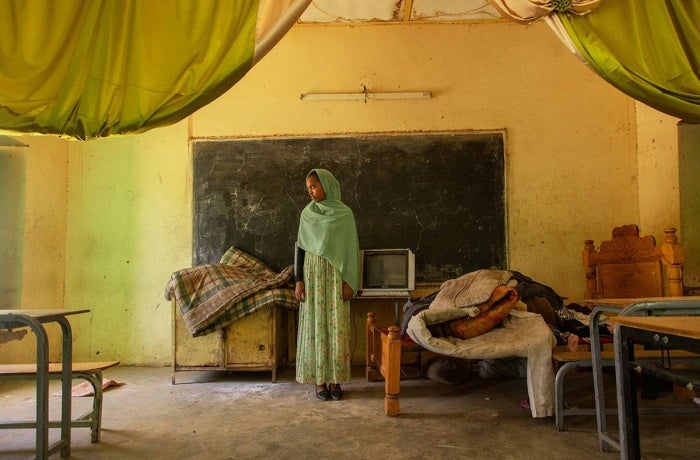Women and girls lead humanitarian response to war in Ukraine
Originally published on UN Women's regional website for Europe and Central Asia
In the two weeks since Russia began its military offensive in Ukraine, more than 1,5 million people have fled their homes, the vast majority women and children. Those who flock to border crossings – and those who stay behind to defend their country – face immense risks, hardship and scarcity. Meet just a few of the women we spoke to on the front lines of the crisis in Chernivtsi.
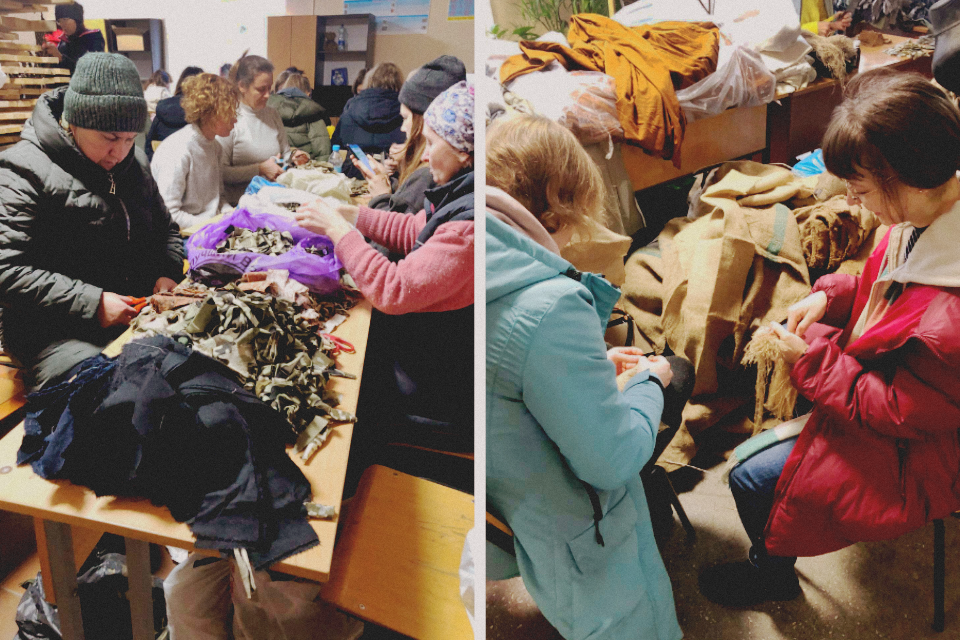
Victoria Osipenko, Psychologist at the Medical and Psychological Centre for the Bukovina State Medical University in Chernivtsi
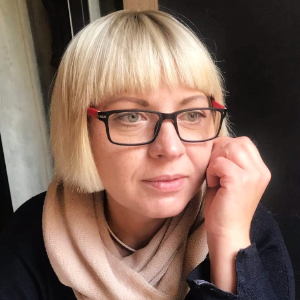
“Consultations are now being held by phone in the format of short conversations (interventions) for 10–15 minutes. In a day, our hotline of six psychologists provides support to about 100 people. Women prevail among those who call us for help. Their most frequent inquiries are about their children who are experiencing stress and older parents who have stayed in their homes that are now in areas of active combat. People find our contacts in places of settlement for internally displaced persons. We realized that we could not work like other centres that require various questionnaires and protracted timeframes for response. Our help comes in real-time.”
Irina Gontsa, Medical Director for Oncology of the Bukovinian Oncology Centre in Chernivtsi
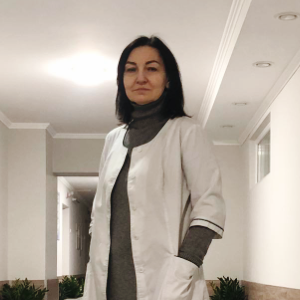
“We are running out of medicines and drugs for chemotherapy. But we keep providing help. Now, there are about 200 people in the hospital. We treat them according to a simplified treatment protocol, without referring them to family doctors and other healthcare facilities because the situation is extremely hard now. Yesterday a very difficult patient arrived, a 30-year-old woman in serious condition. When the air raid sirens sound, we take everyone on stretchers and carts to the bomb shelter. Who would have thought that we would live in such a time?”
Zhanna Korol, volunteer for the NGO Dobrotvorets and NGO Volunteer Movement of Bukovina
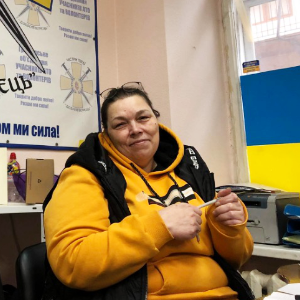
“We have been helping the military since 2014. In wartime, volunteers should work with local governments, military administrations and other respective authorities. That is our job – to provide assistance in the epicentre of hell. We work only with proven contacts. We need to know that help will reach exactly those who need it, not get stuck and not stay in warehouses for months. Our aid goes immediately to the front. We have brave and trained people who are not afraid to take the most dangerous routes to help the defenders. In this service, people find their vocation and forget about personal problems. Helping others becomes a powerful motivation for them.”
Tonya, Deputy Director of Education at the Chernivtsi Polytechnic College and current volunteer coordinator

“I have been volunteering for more than eight years already. As long as my country is in conflict, we will simply expand our activities. Now, 200 people work here at the same time. Elderly women, children – we need everyone. There’s a lot of work and a lot of people are engaged. It is our time to help our boys and girls on the front lines.”
Iryna Tsilyk, award-winning filmmaker from Kyiv
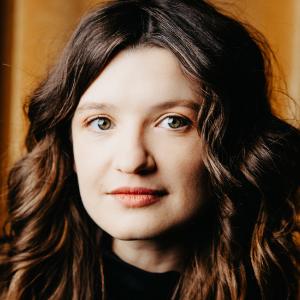
“With each kilometre I move farther from Kyiv, I am increasingly covered by a black cloud and a feeling of homelessness and helplessness. It is really painful. It is the hardest time of my life. Only now I have started to understand refugees. When all these people were fleeing from conflict in Donbas back in 2014, of course I had empathy for them – but I have never understood them so deeply as I do now. Yesterday, I saw my son crying because he was chatting with friends with whom we had shared a bomb shelter in Kyiv, and he said: ‘Mama, I want to go back to that shelter. I want to be together with them.’ I understand his feelings because I feel the same. All my friends who had to flee to Western Ukraine or to European countries also feel terrible because it is extremely difficult to leave your friends and family.”
Present in Ukraine since 2015, UN Women continues to work with partners to ensure that the specific needs of women and girls – too often ignored in conflict – are being addressed on the ground. This includes assessing their current situation and promoting their right to protection from all forms of gender-based violence, as well as to have a voice in decision-making and humanitarian aid provision








